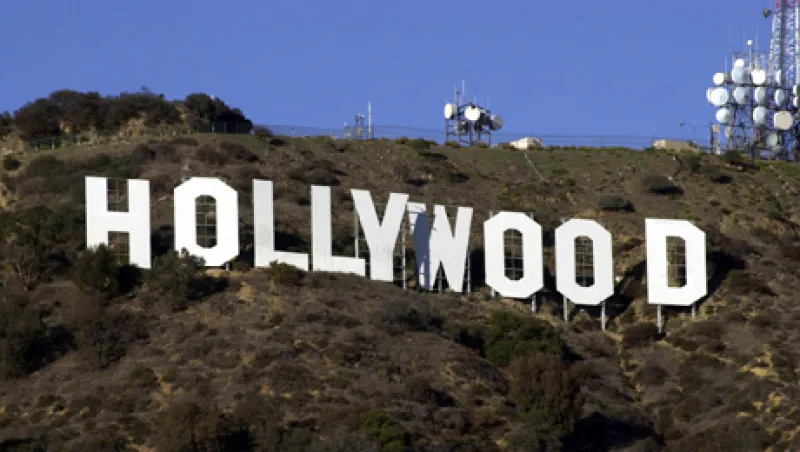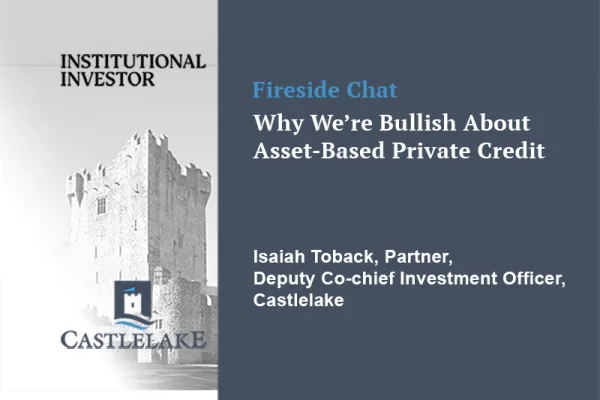With seemingly no end to bank scandals, the movie Margin Call is as timely today as it was when it came out a year ago. In the dark closing scene from the movie, the cinematic dramatization of the early days of the 2008 financial crisis, an aggrieved and agitated head of risk management at a Wall Street investment bank played by Kevin Spacey pounds frantically at the expansive front lawn of his ex-wife. The Spacey character, fresh off an all-nighter, is digging a hole at the venue of an earlier loss to bury the two things in his shrunken world that still matter: his late beloved dog and his damaged conscience. Earlier that day, with painful reluctance, Spacey had informed his boss (Jeremy Irons) that he’d stay with the firm — whose trading clients he had just helped saddle with billions of dollars in mortgage-backed securities gone bad — only because he “needed the money.”
| SLIDESHOW: Hollywood vs Wall Street |
From the dramatist’s perspective, the 2008 near-meltdown and its dreadful aftermath are a screenwriter’s dream. Without villains there would be no conflict, and without conflict, there would be no story. So besides Margin Call, at least three feature films were made on the subject; another, The Queen of Versailles is due for release his summer.
Wall Street: Money Never Sleeps is Stone’s sequel to his earlier blockbuster, and provides insight into how at least one major filmmaker views the financial industry’s evolution over the last quarter-century. Gekko (again played by Douglas, who still commands the screen) is out of the Big House but banned from the securities industry. He is free, however, to dispense his hard-won perspective on all things financial in print (he’s written a book) and in pithy comments made to anyone who’ll listen.
It is clear that Stone thinks the insider-trading scandals were small potatoes compared to the sub-prime version, and uses Gekko to hammer home his point. “While I was away ... greed got greedier,” Gekko tells a lecture audience of mostly young people. (Except for the age of his listeners, that five-minute scene is strikingly reminiscent of Gekko’s 1987 monologue at a shareholders meeting.) “Moral hazard is when someone takes your money and is not responsible for it,” he says with smug condescension to an elderly lady at a book signing. “Talk about an evil empire,” he breezily informs his future son-in-law Jake Moore (Shia LaBeouf), a fusion-obsessed analyst at a failing investment bank. “I’m small-time compared to these crooks.”
The most revealing remark, though, comes from the insufferably corrupt Bretton James (Josh Brolin), head of the bank itself. When quizzed by Moore for his “number” — the dollar amount at which he would be financially sated — James replies, “More.” As for the labyrinthian plot, you might not care enough to suspend your disbelief.
Writer-director John Wells’ The Company Men begins where the acute phase of the 2008 financial crisis leaves off. The economy is in recession and a fictional Boston-based firm is downsizing. That might be understandable enough, but additional friction is supplied by exposing the motivations of the company’s CEO: to prop up the share price before a merger, thus boosting the value of his stock options. Thanks to a strong cast that includes Tommy Lee Jones, Ben Affleck, Chris Cooper and Rosemarie DeWitt, the personal and family upheavals caused by the firings ring true, as does the humiliating sniffing about for employment by cash-starved ex-corporate bigwigs suddenly kicked to the curb.
Finally, the Oscar-winning documentary Inside Job is notable for several reasons, including the willingness of a well-prepped interviewer (producer-director Charles Ferguson) to ask such tough questions that his subjects squirm in their chairs, ask that the camera be turned off, and wonder aloud why they acquiesced to be interrogated in the first place. ”This isn’t a deposition, sir,” one irritated source informed Ferguson, his voice rising. “You have three more minutes. Give it your best shot.”
Ferguson did just that. His film pulls back the curtain on the widespread use of cocaine, strip clubs and prostitutes to entertain clients, as well as the lucrative revolving door connecting government, industry and academia. It portrays investment banks as betraying their clients, in bed with politicians, rife with bonus-driven conflicts of interest and completely “out of control.”
Key regulators and industry executives are pilloried, including Frederic Mishkin, Alan Greenspan and Ben Bernanke of the Federal Reserve. Mishkin resigned his post as Fed governor in August 2008, one month before the Lehman bankruptcy, to return to the Columbia Business School. So why did he leave? “I had to revise a textbook,” Mishkin replied in what sounded more like a question than an answer. Mishkin was confronted with evidence that he and several members of a Fed committee were alerted by Robert Gnaizda of the Greenlining Institute (a public policy research group) to the escalating risks to the financial system posed by the leveraged securitization of sub-prime loans.




